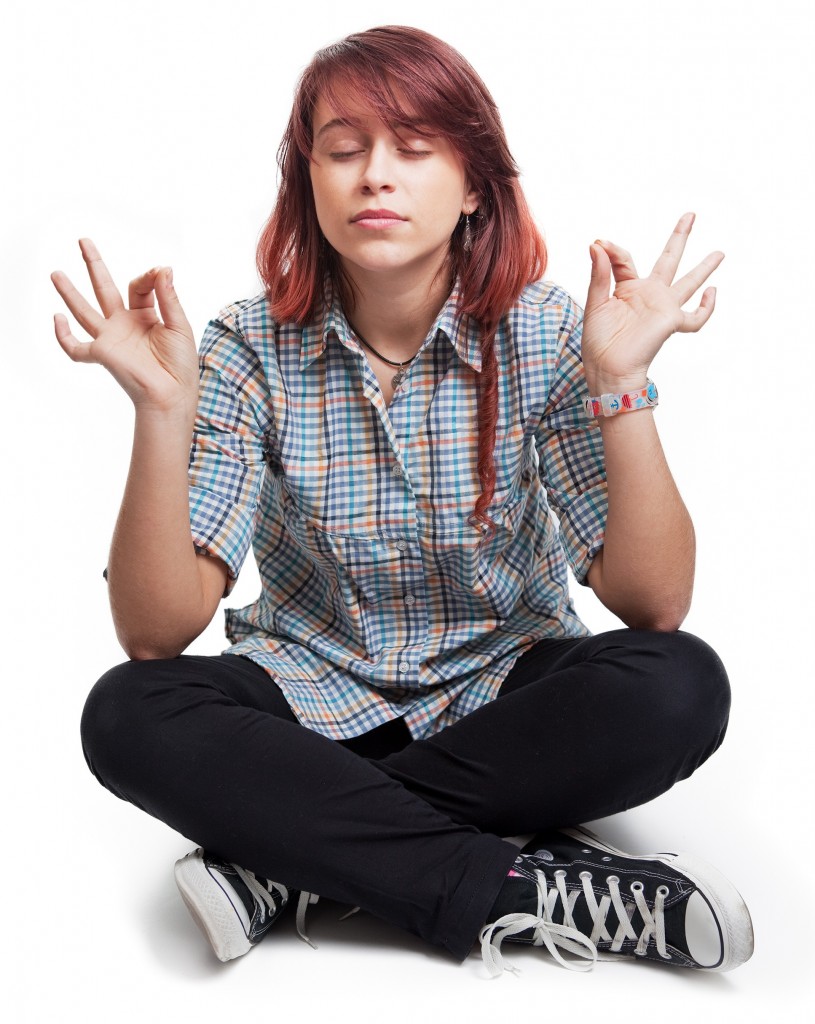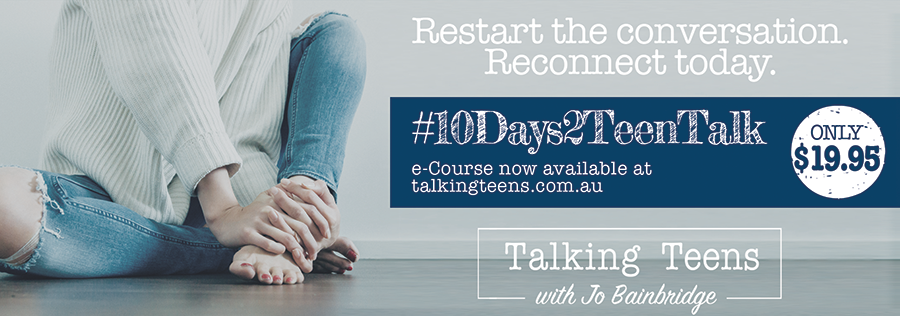 I’m bored! It could be the mantra of the modern teenager. In our fast paced, technology driven world our kids are conditioned to expect constant external stimulation.
I’m bored! It could be the mantra of the modern teenager. In our fast paced, technology driven world our kids are conditioned to expect constant external stimulation.
With hundreds of TV channels and movies on demand, constant pinging of messages on mobile phones, 101 different social media accounts to keep updated with the latest selfies, it’s a wonder they have time to get bored at all. Yet they still do.
Unfortunately, our most common response as parents is to offer a list of alternative activities to stimulate our disgruntled offspring. “Why don’t you call a friend? Watch a movie. Take the dog for a walk….”
We’re all conditioned to look outside ourselves – to do or to get something to satisfy this underlying sense of lack. But is this feeling of ‘not enough’ ever truly satisfied?
Think for a moment about a situation where your child plagued you morning and night for the latest toy or gadget. Do promises like “If you buy me this, I’ll never ask for another thing!” ring any bells? And how long after you bought this supposedly life changing item did that promise last?
Of course, it depends on the individual, and we are equally guilty of this as adults. Have you ever told yourself life will be better once you lose those last five kilos or you find the perfect partner?
Ultimately, it’s an illusion. Nothing external in life will ever give us a permanent sense of satisfaction, because the sense of ‘enough’ has to come from within. It is not your circumstances which dictate your happiness, but how you relate to your circumstances.
The practice of meditation helps us appreciate this, to learn how to ‘be’ in the world without the need to ‘do’ or ‘have’. To paraphrase Ekhart Tolle, we are after all human ‘beings’, not human ‘doings’.
In our fast paced, technology driven world our kids are conditioned to expect constant external stimulation.
Meditation helps us reconnect to our essential nature, to find the peace within and to find the truth that we are ‘enough’.
These wise words from American author and teacher Marianne Williamson sum things up beautifully: Ego says ‘Once everything falls into
place I’ll feel peace’. Spirit says ‘Find your peace, then everything will fall into place.’
There are a range of different meditation techniques, from breath, to mantra, body sensing and visualisation. Different types of meditation appeal to different people, so it’s worth trying several approaches to find one that suits you.
For young people, a combination of yoga and meditation often works well. Yoga gives teens the opportunity to burn off energy while also learning to draw their focus inwards.
Numerous scientific studies have demonstrated the benefits of meditation for managing stress, anxiety and depression. But in my view, the greatest gift of meditation is learning how to simply ‘be’.
by Jane Miller, an internationally accredited Hatha Yoga teacher. Jane continues to develop her knowledge and commitment to the ancient practice of yoga as the science of living through
her community yoga studio, Yoga Indra. www.yogaindra.com.au









